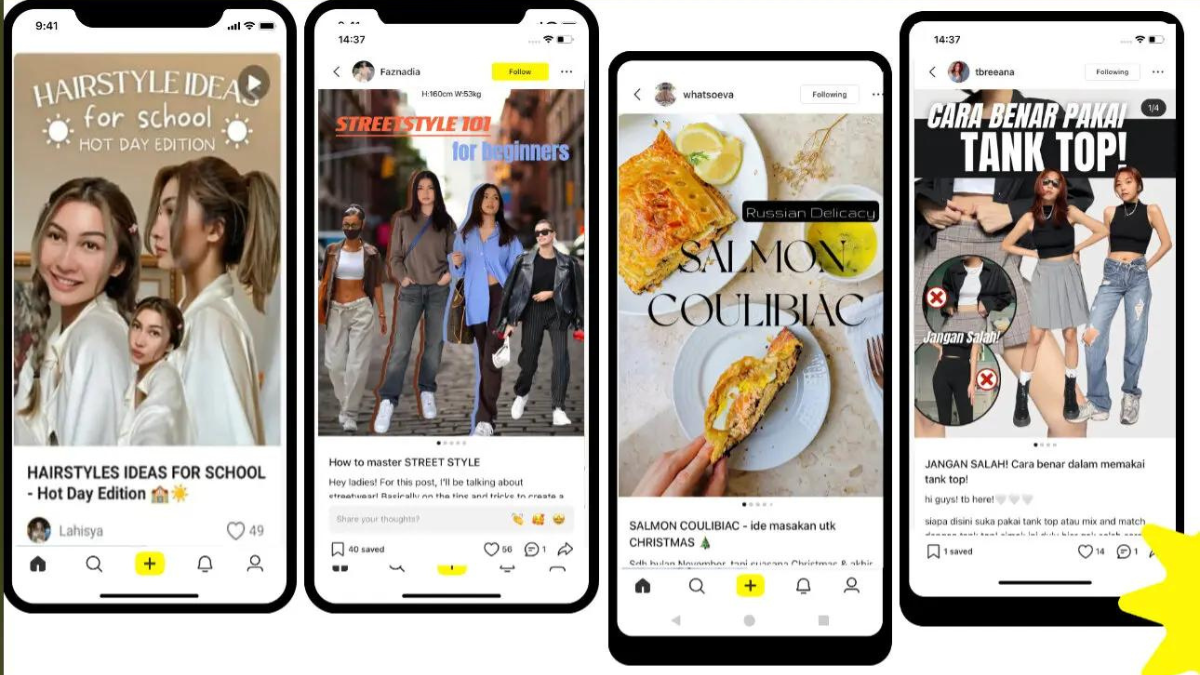We all know online trends like the Ice Bucket Challenge and Harlem Shake come and go in our always-on, 24-7 cultural churn, where everyone’s always looking for the next big thing to proudly proclaim they were first to get onboard.
That rush to early adoption was seen in July with the launch of Meta’s Threads, which in a week, topped 100 million sign-ups (it’s currently estimated at 120 million). However, active users on Threads dropped from 49 million to 23.6 million in just a week and according to the latest figures, now just eight million people log on every day, an 82% decline. That’s compared to more than 100million daily Twitter users, the platform it was meant to kill — or X, as Elon Musk would rather you call it.
While Threads has promised forthcoming new features such as a desktop version, hashtags and topic search that users want, promises aren’t enough and people are losing interest. According to Sensor Tower and Similarweb, after launch, users spent an average of 19 minutes a day on Threads — now, it’s just 2.9 minutes and still declining. Unravelling Threads is dying a death and it will be a miracle if it rallies.
Brands who followed the early surge onto Threads, such as Nike, Adidas and J Crew, will be wondering whether it’s worth sticking with. Threads still being mobile only won’t be persuading many other brands to follow suit and make the leap either. And despite many continuing to be wary of X’s brand safety profile, new chief exec Linda Yaccarino has been on a huge charm offensive over the last few weeks to keep brands onboard, with ad industry leaders reacting positively to her plans to improve and detoxify the site. It seems brands are more hesitant to burn bridges and totally switch with 31% percent planning to integrate both Threads and Twitter into marketing strategies — if the former survives.
There’s a cautionary tale for brands too about jumping on the latest social trend from ByteDance’s social app Lemon8, described as a combination of TikTok, Instagram and Pinterest, which has similarly tanked since its February US and UK launch in a blaze of publicity. After initially romping up the charts as one of the top 10 most downloaded apps in March, its popularity has plummeted. Since April, daily active users have nearly halved from 11,930 to 6,360, and by the end of May, daily downloads fell to 6.7% of its March peak.
Lemon8 is the perfect illustration of initial hype and huge expectation it will offer something different, then once people sign up, they realise it’s just not as good as what they’re already using
Take BeReal and Clubhouse. Both were tipped to be massive, and both have failed to really make any cultural impact. Because what many social media companies often fail to consider is whether there is an actual need for their product and whether it is user-friendly. With Lemon8, users complained it felt curated, prioritising influencers over ordinary people, with endless posts from aspirational lifestylers and no ‘hide similar content’ button. But Lemon8 didn’t listen — so it lost its fizz.
Once people grow frustrated, getting them back is hard, especially with so many other apps that provide a better experience to share content and chat and engage with followers.
We’re in an attention economy, and social media platforms old and new always need to prove why they’re worth attention over others. It’s why platforms come and go in the blink of an eye and why existing platforms need to keep innovating and listening to what users want.
It’s why MySpace and Friends Reunited died when Facebook and Twitter arrived — but it’s also why Lemon8 and Threads could soon be residing alongside them in the online graveyard, haunted by the ghosts of the Ice Bucket Challenge and Harlem Shake. And it’s why brands should always be wary of throwing their weight behind the next big thing in the never-ending evolution of the social media landscape.
Featured image: Lemon8 picture from documents that ByteDance shared with marketing agencies in January 2023


























